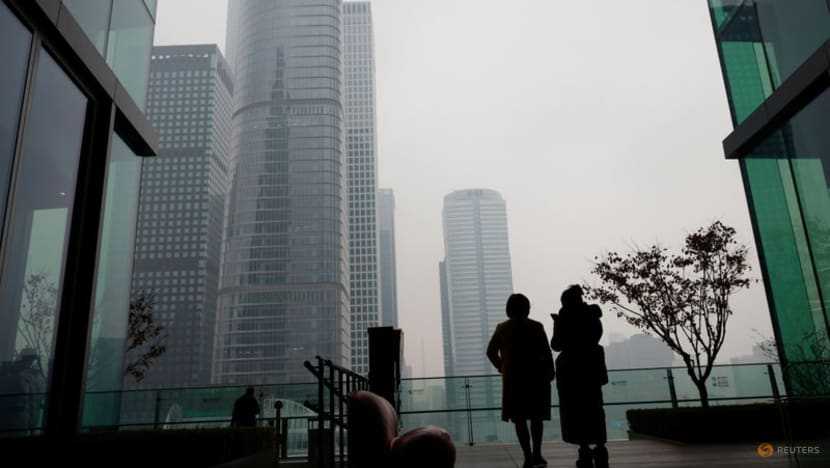China's giant state-owned companies struggle to align climate rhetoric with reality
02 November, 2021

Ambitious pledges from China's leaders to cut emissions have put its giant, carbon-intensive state corporations under pressure to respond, but they are at risk of falling short amid confused policy signals and other constraints.
When Chinese President Xi Jinping said last September that the world's biggest source of greenhouse gases would slash emissions to "net zero" by 2060, attention turned to China's state-owned enterprises (SOEs).
China has already submitted updated climate targets to the United Nations as a new round of climate change talks gets under way in Glasgow. The next challenge is working out how to implement them.
However, the struggles facing China's giant firms will make it harder for Beijing to offer stronger pledges and smooth the way for a more ambitious programme of global emissions cuts - especially as it negotiates its way through crippling power shortages.
"State firms are busy drafting their plans and trying to set their targets, and some of them are already creating more detailed planning for the transition," said Ma Jun, director of the Institute of Public and Environmental Affairs (IPE), which tracks the environmental and climate records of big corporations in China.
"How to ensure that they can fulfil other demanding targets while in the meantime achieving climate targets needs a real solid transitioning strategy, and so far there are still major gaps," Ma added.
IPE has assessed 58 listed units of Chinese state-owned enterprises from sectors such as steel, petrochemicals, electric power and aviation, covering more than 1 billion tonnes of annual emissions.
The study found that although they are generally ahead of their private sector counterparts, some are lagging, and on indices such as energy efficiency, sectors like steel are still behind global rivals, Ma said.
Of the 58, 91per cent have disclosed climate and emissions data in their official reports. More than half have taken action to reduce emissions, but only 16per cent so far have announced targets.
Meanwhile, just six have issued formal "climate declarations", including giant power generators like Huaneng, Huadian and Datang, all of which have vowed to bring emissions to a peak by 2025, earlier than the national 2030 goal.
Three others - Baowu Iron and Steel, China's biggest steelmaker - as well as the two biggest oil and gas suppliers PetroChina and Sinopec - have all promised to hit "net zero" around 2050, a decade earlier than the national target.
According to IPE data, Sinopec scores highest among Chinese SOEs when it comes to data disclosure, targets and specific actions relating to climate change, and ranks 35th globally, behind the likes of Dell and Apple.
In a report published last month, IPE said the average score in the Greater China region is significantly lower than the rest of the world.
SOCIAL RESPONSIBILITIES
SOEs play a big role in China's top-down political system, and Xi's pledge last year to neutralise a 10 billion-tonne annual carbon footprint prompted associations from a wide range of high-emitting industries to draw up roadmaps.
But they are also compelled to meet other "social responsibilities", including the guarantee of energy and raw material supplies, as well as wider goals such as employment and social stability.
Crippling power shortages in recent weeks are seen as a sign that in a crisis, Chinese firms will quickly return to fossil fuels because the system gives them no other option.
Source: www.channelnewsasia.com
TAG(s):
